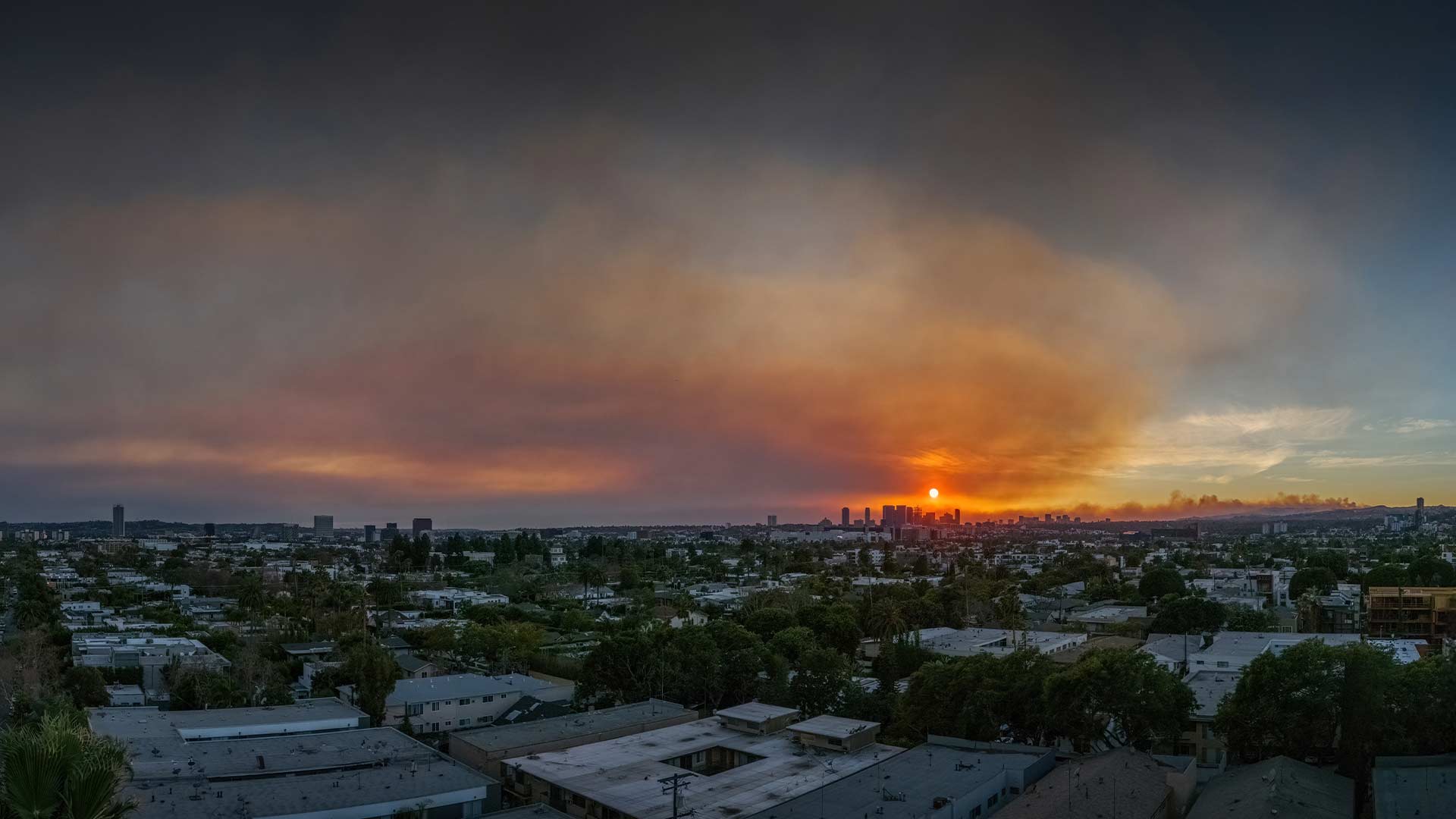Nolan Chang, MD, shares ways Kaiser Permanente is using AI to better the patient experience and reduce physician burnout.

Dr. Davidoff: Applying fire response & recovery lessons from Maui to LA
As wildfires devastated the Los Angeles region earlier this year, health care services and medical resources were quickly deployed across the area, thanks to the timely efforts of Permanente medical staff and disaster planning by physician leaders. Many Permanente physicians and physician leaders, including Ramin Davidoff, MD, co-CEO of The Permanente Federation, could be found at shelters coordinating the response and providing care or support for people of the affected communities.
Writing in Becker’s Hospital Review, Dr. Davidoff shared lessons from the 2023 Maui wildfire response that physician leaders can apply to the recovery in Los Angeles and future disaster preparation. Kaiser Permanente’s integrated structure supports rapid response and helps ease the challenges of delivering care during evacuations and facility closures.
In 2023, Hawaii Permanente Medical Group personnel played critical roles in the Emergency Operations Center and in establishing mobile community clinic sites. This year in Los Angeles, the Southern California Permanente Medical Group was able to deploy physicians, nurses and medical resources within 12 hours, including standing up a pharmacy and providing behavioral health care.
“Physician time is invaluable — and in the face of disaster, this becomes even more clear,” said Dr. Davidoff. “During and in the weeks following environmental health crises, it is vital that doctors are as available as possible to focus on what truly matters: caring for those in need.”
Related fire response and recovery podcast: Wildfires, medicine, and community resilience: A physician’s role
Preparing supply chains and prioritizing employee wellness
Another key consideration for disaster response raised by Dr. Davidoff is the need to evaluate supply-chain infrastructure and how to respond to disruptions, which can impact care delivery even in areas not directly impacted by disasters. He discussed the importance of the National Product Council, Kaiser Permanente’s supply-chain management partnership between health plan and physician groups, which evaluates products and also ensures proper deployment across the systems.
The Council exemplifies the power of Kaiser Permanente’s physician leadership model, which provides the opportunity for practicing physicians to shape the organization’s culture, strategy, and operations, like how to care for patients in need during disasters.
Related supply chain resilience story: Innovative product selection in a value-based health care organization
Finally, Dr. Davidoff raised the importance of physician leaders prioritizing the health and well-being of frontline medical workers, including having access to protective equipment during disasters. He also shared examples of Kaiser Permanente employee assistance and wellness programs available post-disaster and all year long.
“The better we care for physicians and other clinicians, the better they can care for those most in need,” wrote Dr. Davidoff.
Read the full story on Becker’s Hospital Review here.


